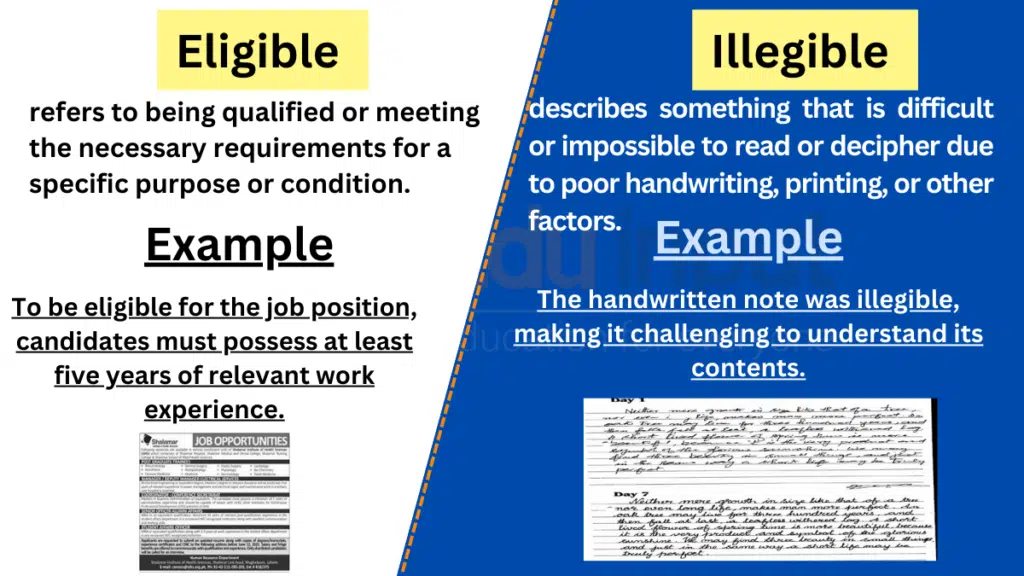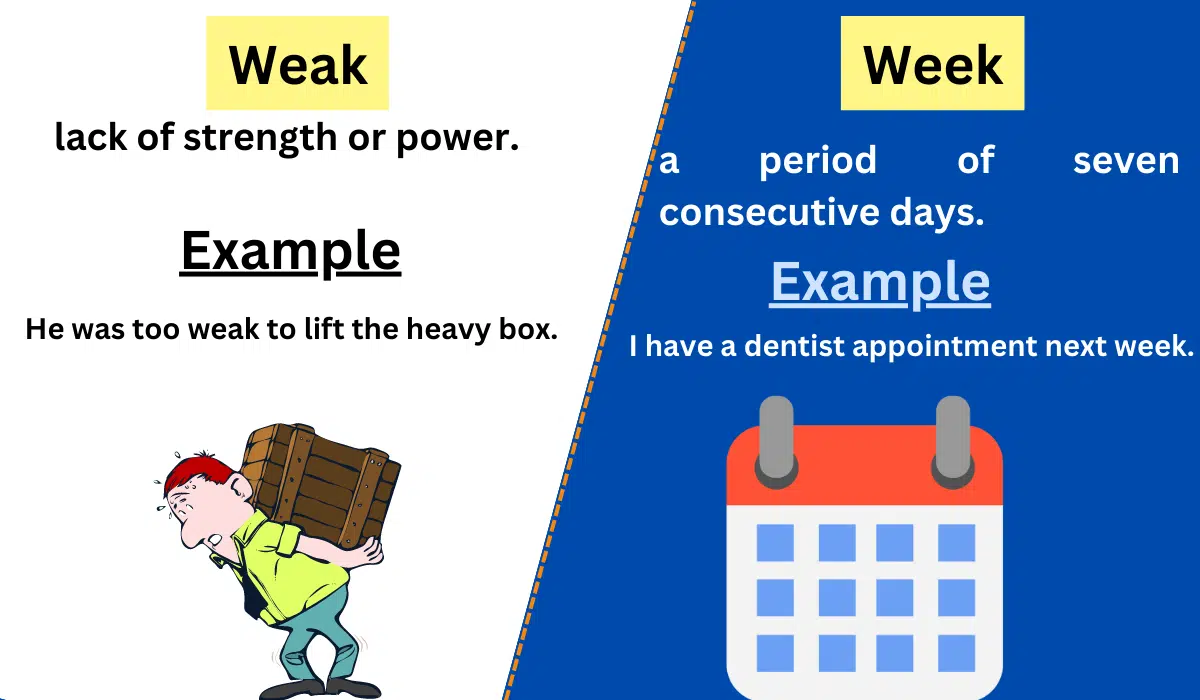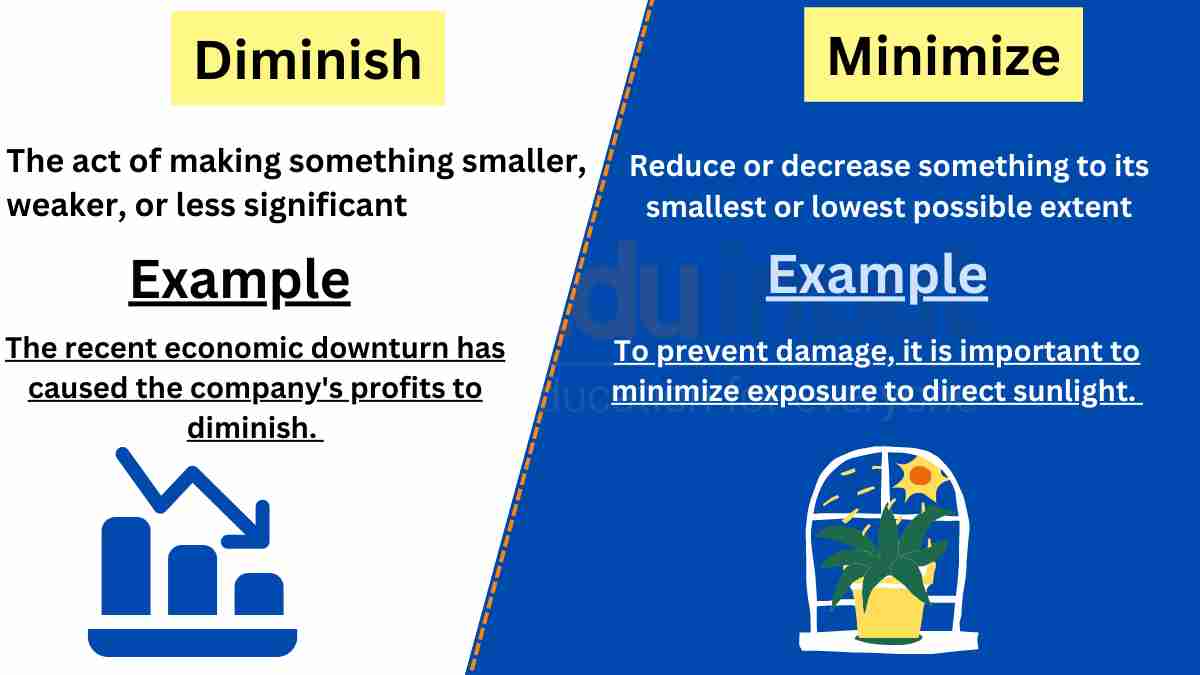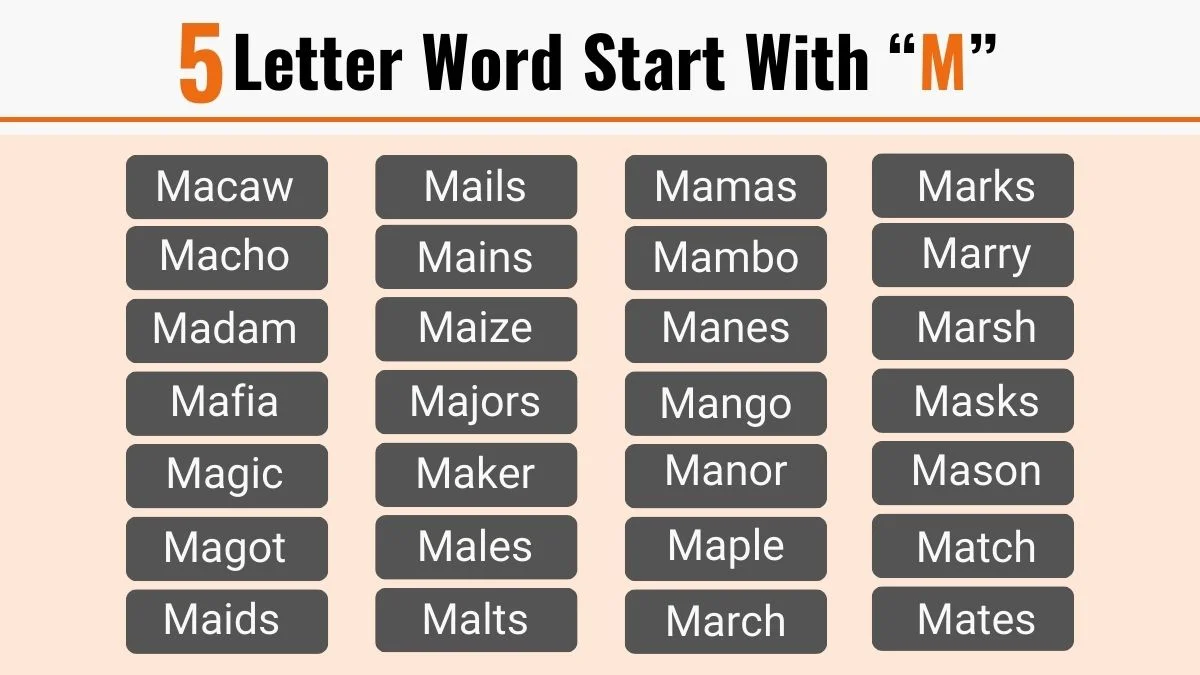Eligible vs. Illegible-Difference between and examples
In the English language, there are words that sound similar but have vastly different meanings. “Eligible” and “illegible” are two such words that often lead to confusion due to their similar pronunciation. Despite their shared ending, these words have distinct definitions and are used in different contexts. In this article, we will delve into the differences between “eligible” and “illegible,” providing clear definitions, examples, and comparative analysis. Understanding their meanings and usage can avoid misunderstandings and enhance our language proficiency.

Meanings and Examples
Eligible meaning
It is an adjective. The meaning Eligible refers to being qualified or meeting the necessary requirements for a specific purpose or condition.
Eligible Examples
a) He is eligible to participate in the scholarship program due to his outstanding academic achievements.
b) To be eligible for the job position, candidates must possess at least five years of relevant work experience.
c) The contest is open to eligible participants aged 18 and above.
Illegible meaning
It is an adjective. The meaning Illegible describes something that is difficult or impossible to read or decipher due to poor handwriting, printing, or other factors.
Illegible Examples
a) The handwritten note was illegible, making it challenging to understand its contents.
b) The faded ink made the document illegible, necessitating the need for a digital copy.
c) The old, weathered sign had become illegible over time, causing confusion among passersby.
Difference between Eligible and Illegible
| Eligible | Illegible | |
| Adjective | Qualified or meeting necessary requirements | Difficult or impossible to read or decipher |
| Example | He is eligible for the scholarship program | The note was illegible due to poor handwriting |
| Usage | Describing qualification or meeting criteria | Referring to an unreadable or unclear text |
| Grammar | Adjective | Adjective |
Usage in a Paragraph
Many individuals eagerly awaited the announcement to find out if they were eligible for the prestigious award. The selection committee reviewed applications carefully, ensuring that only those who met the specified criteria moved forward in the selection process. The committee members emphasized the importance of submitting legible documents, as illegible handwriting or smudged ink could result in applications being deemed ineligible. It was essential for applicants to take their time and write with clarity to avoid any confusion or misinterpretation. Ultimately, those who were eligible would receive further instructions, while illegible or incomplete applications would be disqualified.
Understanding the distinction between “eligible” and “illegible” is crucial for effective communication. “Eligible” relates to meeting specific requirements or being qualified for a particular purpose, while “illegible” pertains to text that is difficult or impossible to read or decipher. By using these words correctly, we can convey our intended meaning clearly and avoid confusion. Whether determining eligibility for a program or ensuring legible documentation, recognizing the differences between “eligible” and “illegible” enhances our language proficiency and facilitates effective communication.






Leave a Reply